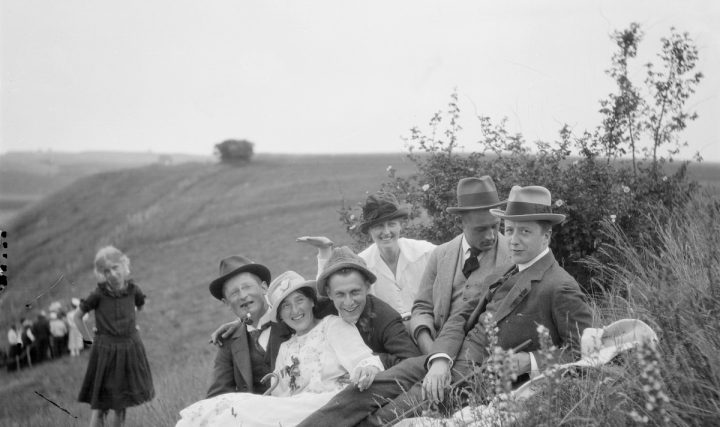Call for Sessions is Now Open- Deadline extended!
Archaeology and heritage are inseparable. This connection becomes most evident when examining the representations of the past in contemporary society and the social construction of archaeological knowledge and value, or when dealing with political power, cultural identity, and social equity. Archaeology and heritage are modern phenomena tightly entangled with matters of national and historical identity, even though they share different histories.
The conference welcomes paper sessions, panel debates, and workshops on theoretical, historical, philosophical, and practical takes on the entanglements of archaeology, heritage, and/or society. Topics may include but are by no means limited to:
Histories of archaeology and/or cultural heritage (studies)
Public archaeology, popularisation of historical knowledge
Heritage, archaeology, and nationalism
Heritage and/or archaeology as memory
Research and effect on society – and vice versa
Archaeology and heritage values
Heritage management and archaeological knowledge
Tourism and museums, cultural heritage education
Heritagization, heritage communities, and participation
Abstract are to be submitted via email: ntag2024turku@gmail.com
Deadline 1 August2023. Deadline extended to 22 August!
Your proposal should include the following:
Title and abstract
Please keep proposals clear, short, open and geared toward attracting speakers and a conference audience.
Abstracts should be 300 words, maximum, with minimal citations.
Organiser details
Names, affiliations and email addresses of all organisers must be submitted with the proposals.
Proposed format
All proposed sessions should indicate which format they wish to be run in:
Standard paper session: Presentations should be 10–20 minutes long, with ample time set aside for both Q&A to individual speakers and session-wide discussions. It should be indicated whether the organisers envision half-day or full day sessions.
Panel debate: Quarter- or half-day long. A panel of ca. 5 people give brief starting presentations, followed by a discussion run by an administrator.
Workshop: Informal discussions or a collaborative activity in smaller groups. Organisers should ensure that everyone participating gets the opportunity to engage in the activity. Should be no longer than half a day.
Lightning round: Quarter- or half-day long for short papers, no longer than 6 minutes. Time should still be set aside for discussion.
Timeline
All proposed sessions will be evaluated by the organising committee. Acceptances of sessions will be distributed at the end of August. Decisions will be announced in September, along with a preliminary program.
We expect session organisers to promote their sessions widely and to actively encourage both relevant established and early career researchers to submit paper proposals.
Session organisers, in collaboration with the organising committee, are responsible for all communication with paper proposers and organising the final line-up of their sessions. Session organisers must finalise a full list of speakers, including paper titles and 300-word abstracts, and the running-order before 22 December.
May 2023 – Call for sessions opens
1 August 2023 – Call for sessions closes > Deadline extended to 22 August!
September 2023 – Preliminary program announced
September 2023 – Call for papers opens
1 December 2023 – Call for papers closes
22 December 2023 – Deadline for list of speakers at sessions
December 2023 – Registration opens
January 2024 – Full program distributed
February 2024 – Registration closes
6–9 March 2024 – Conference
